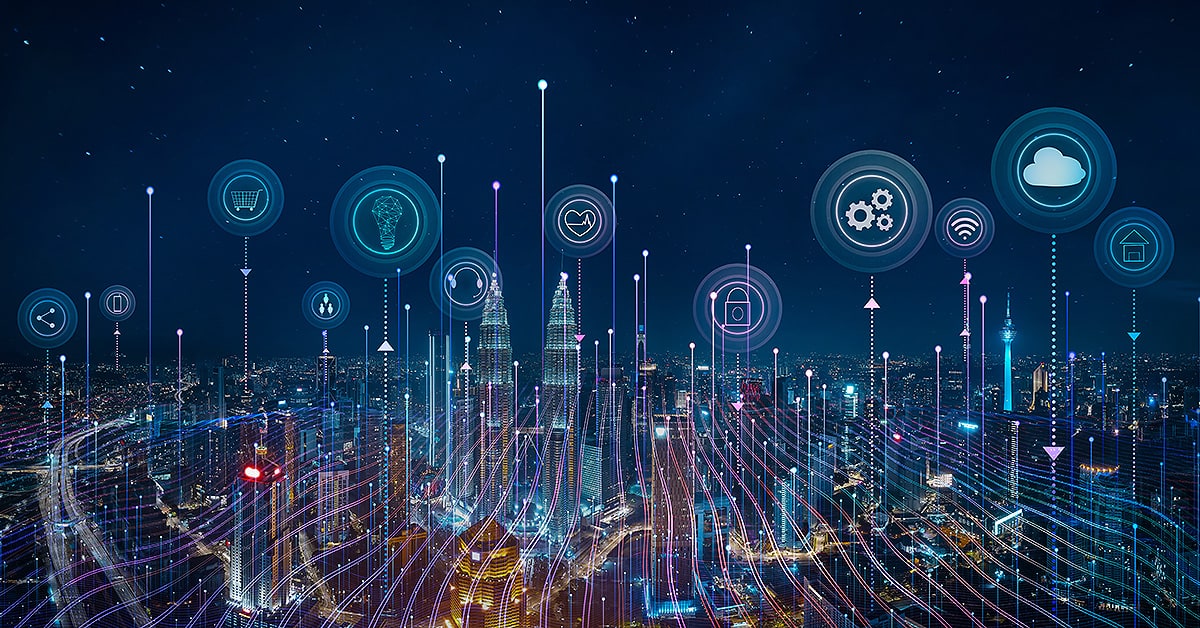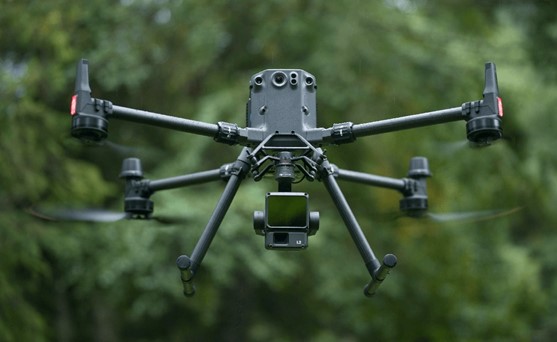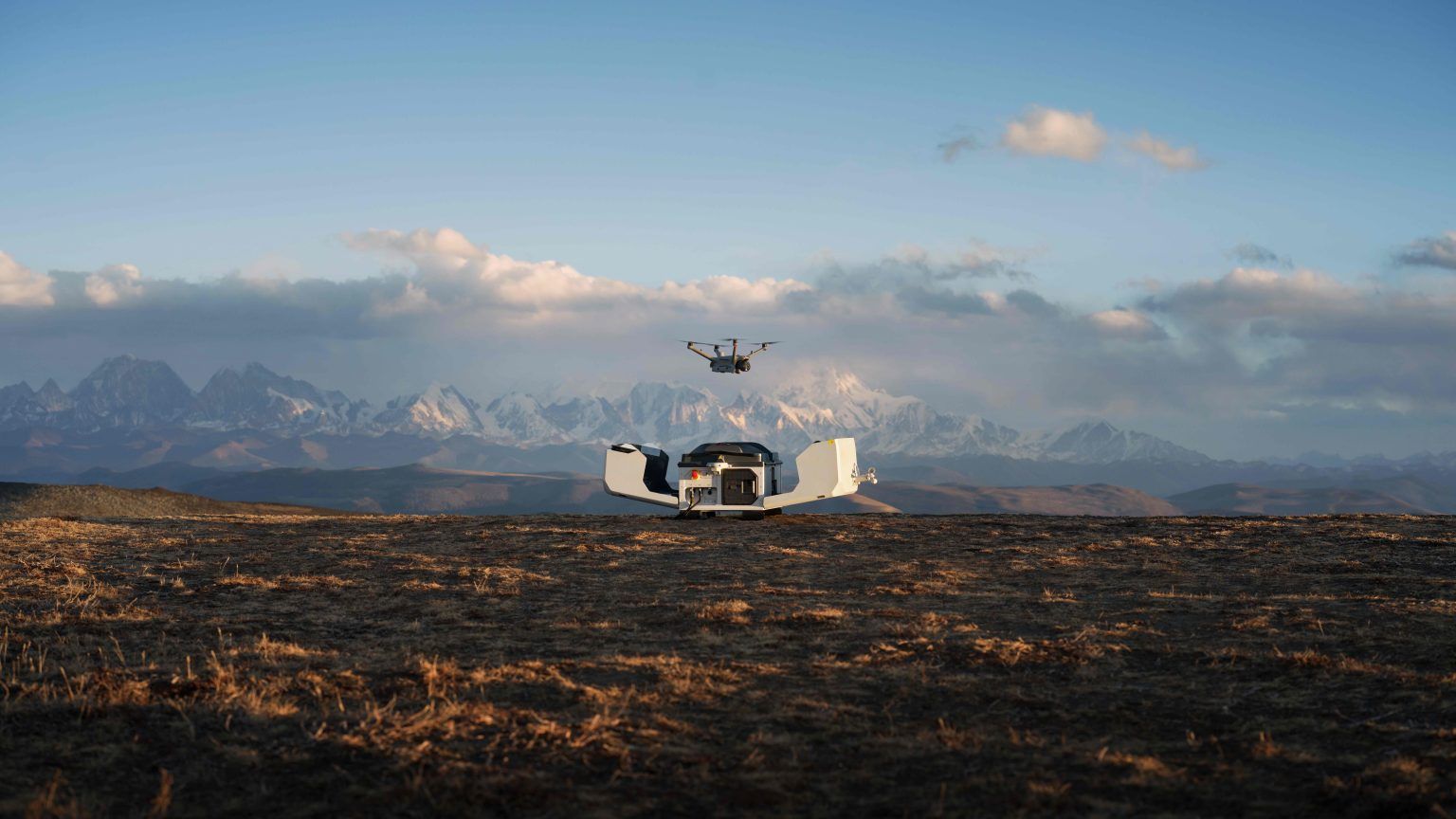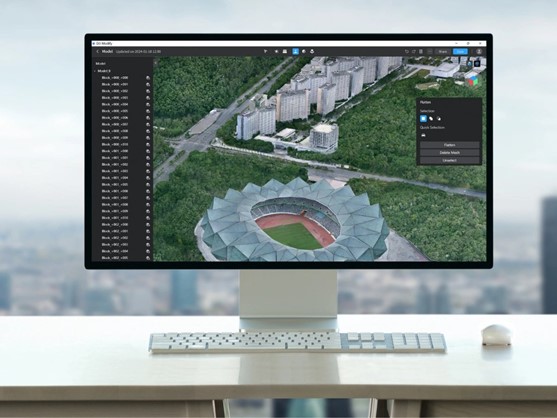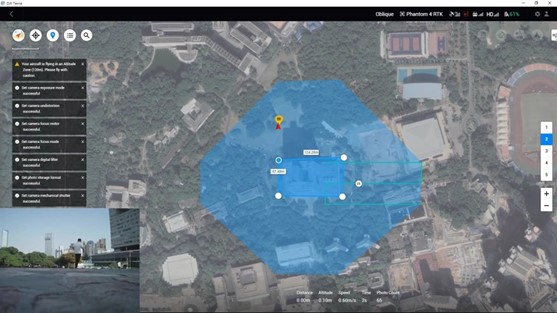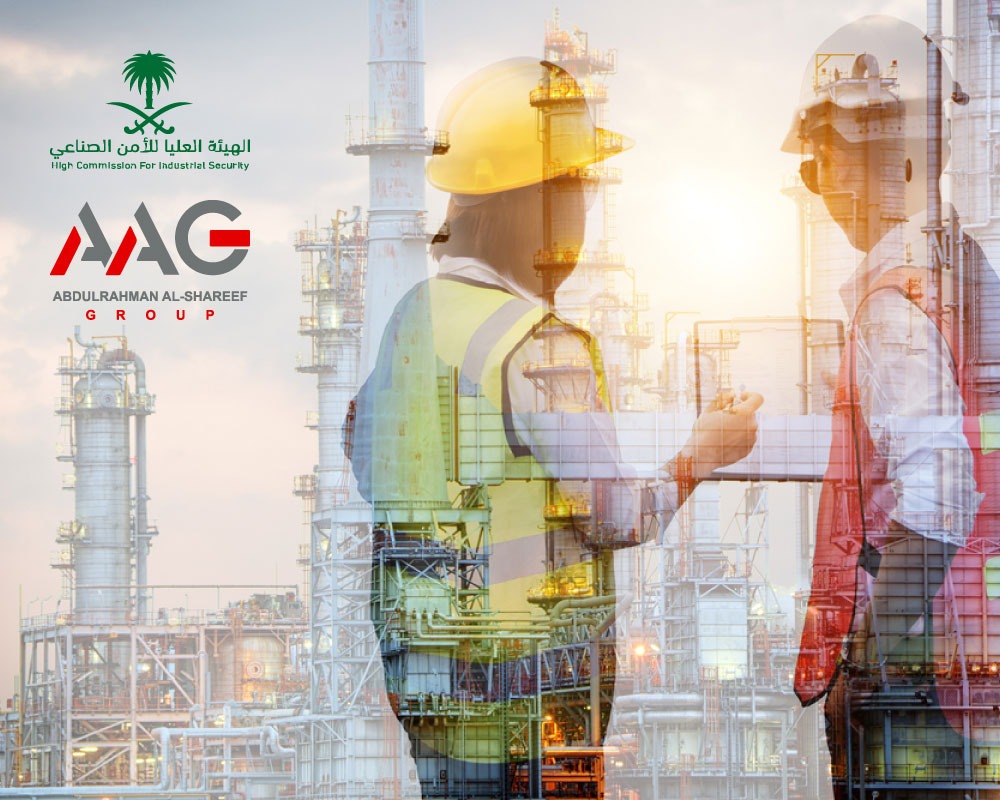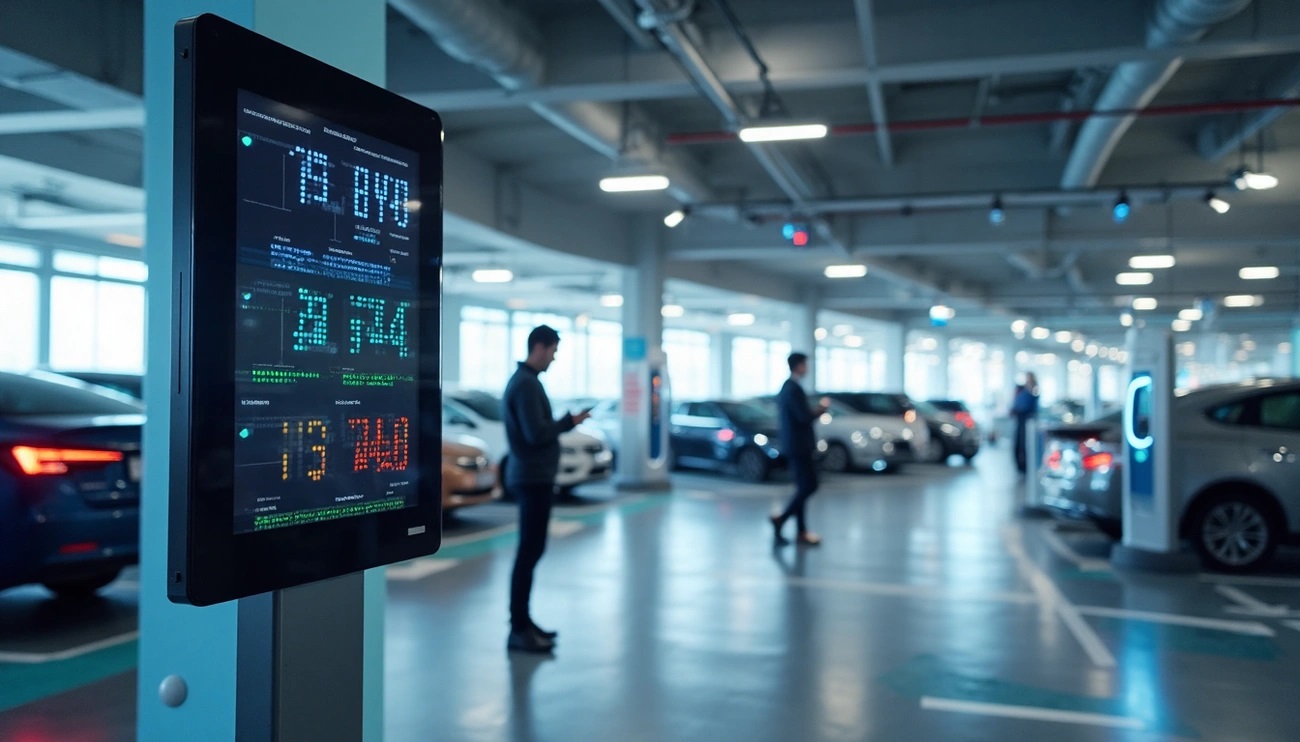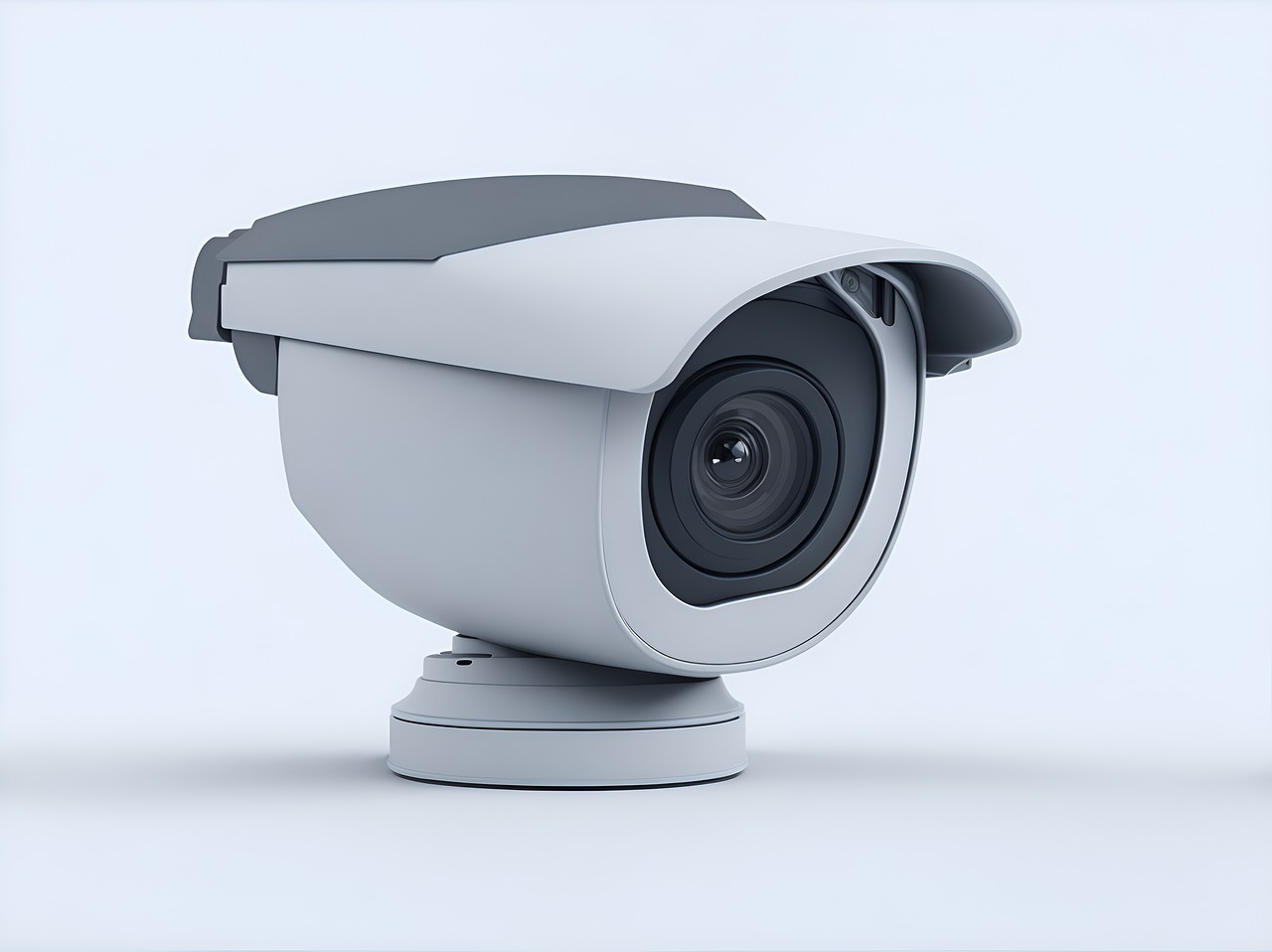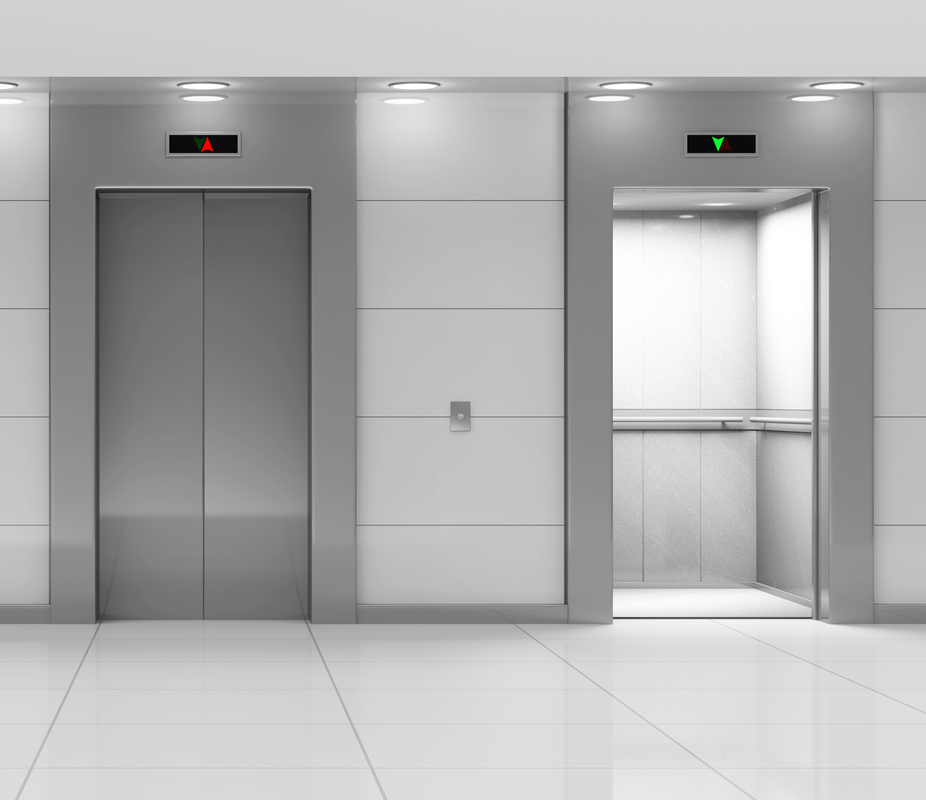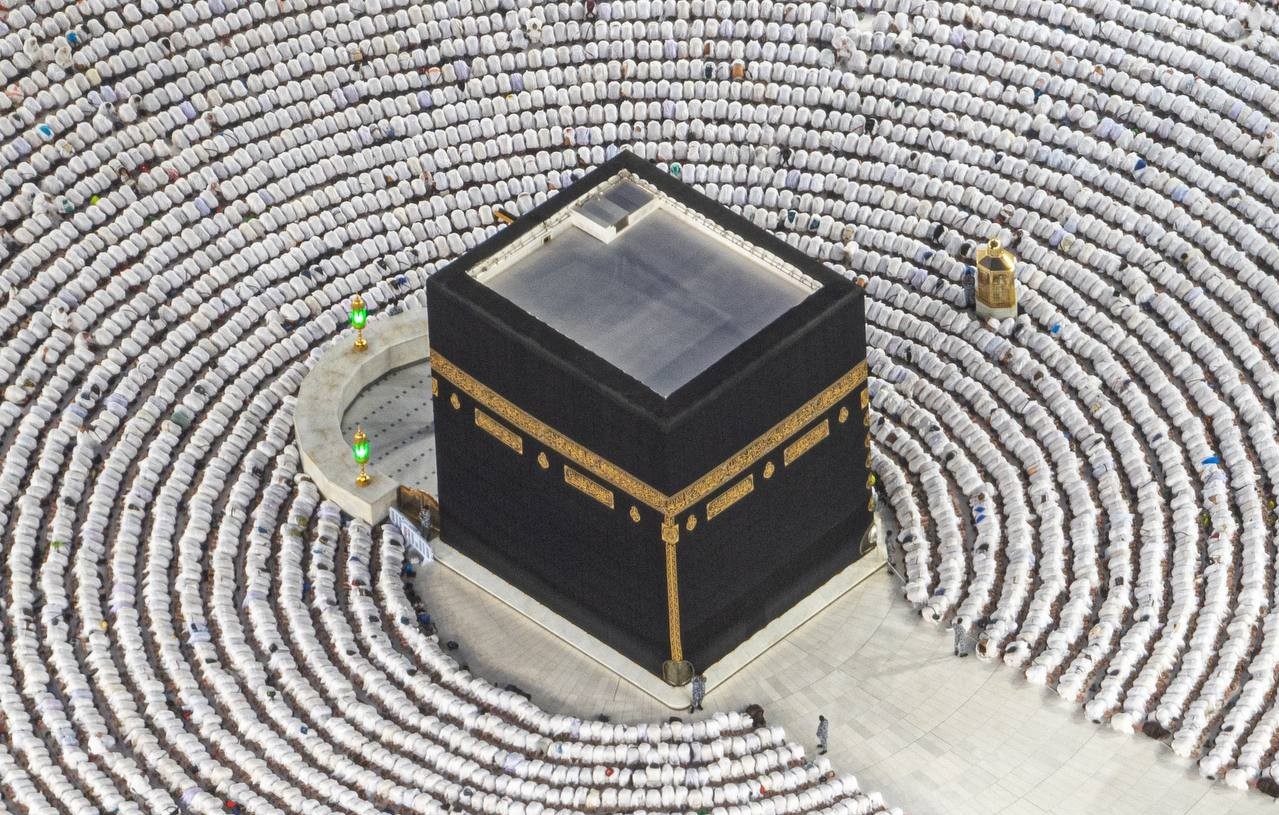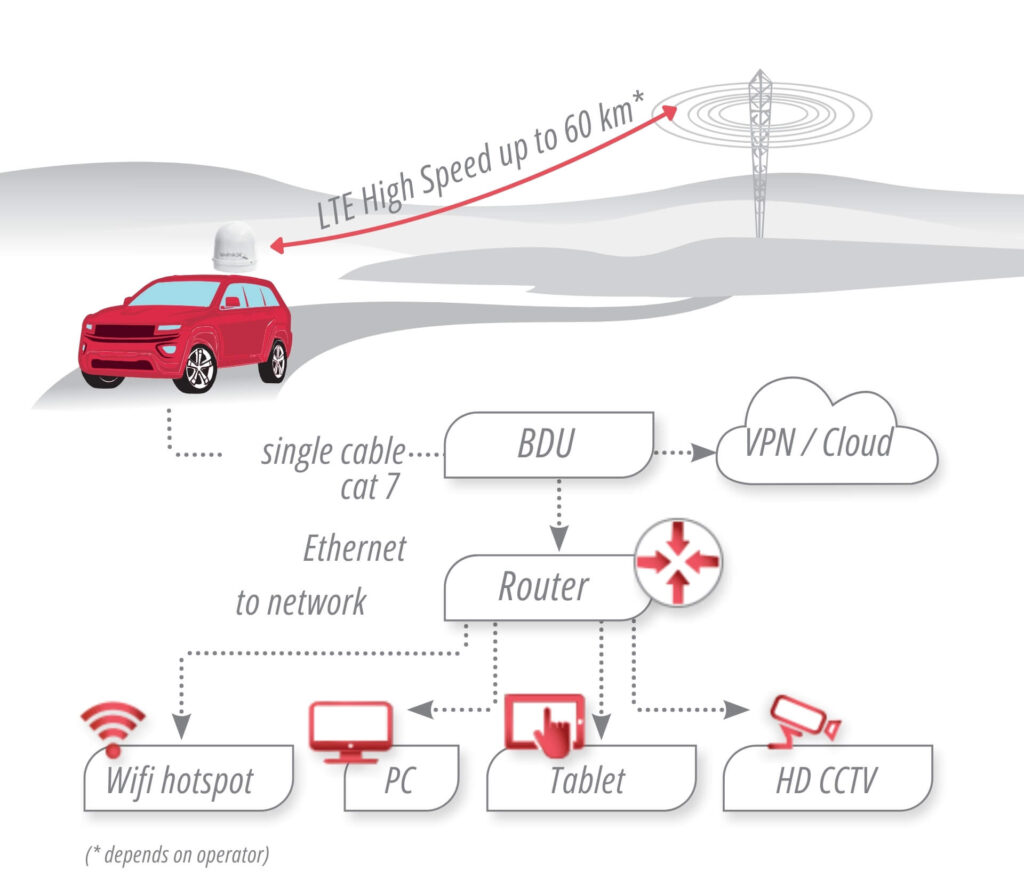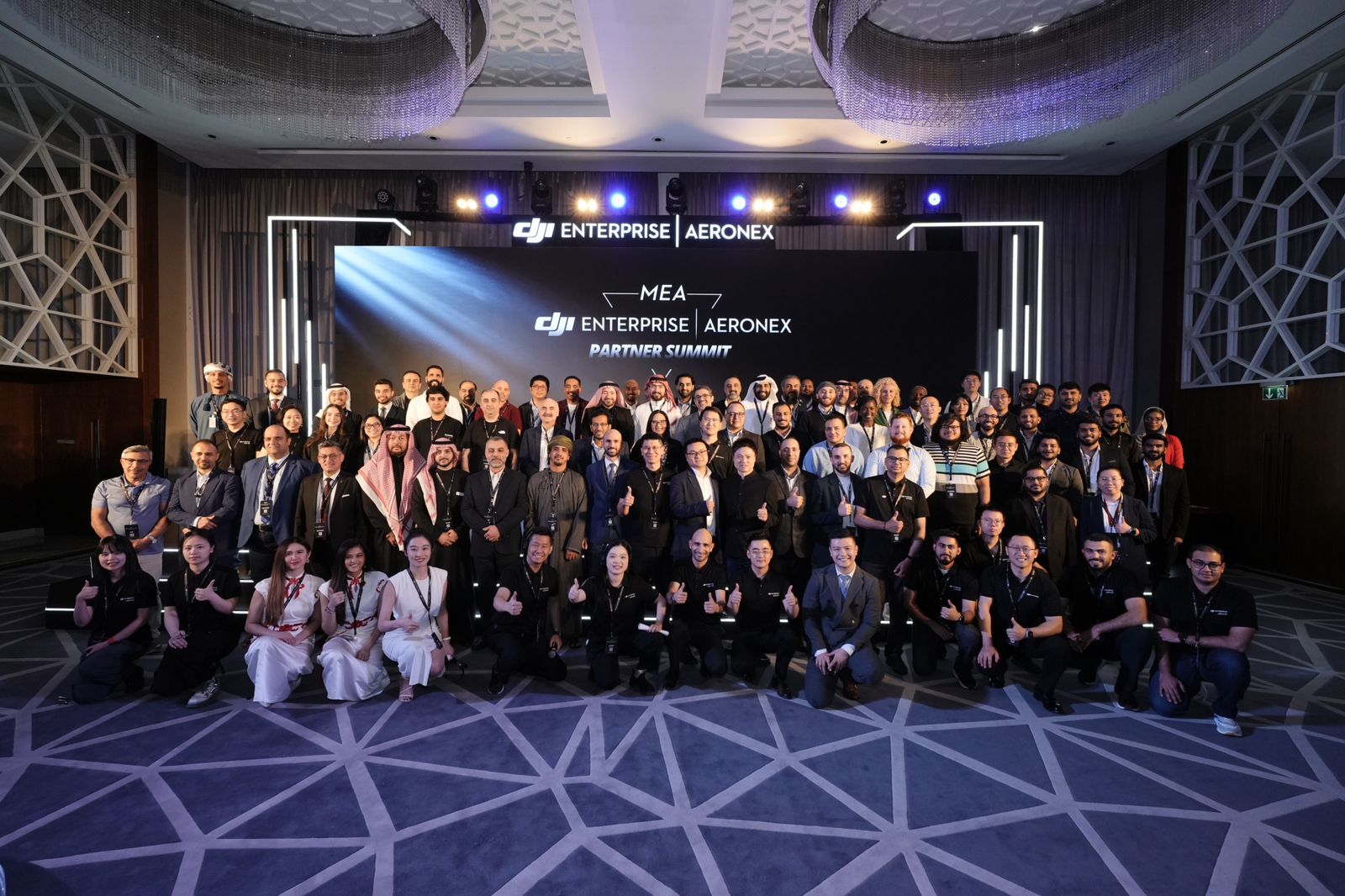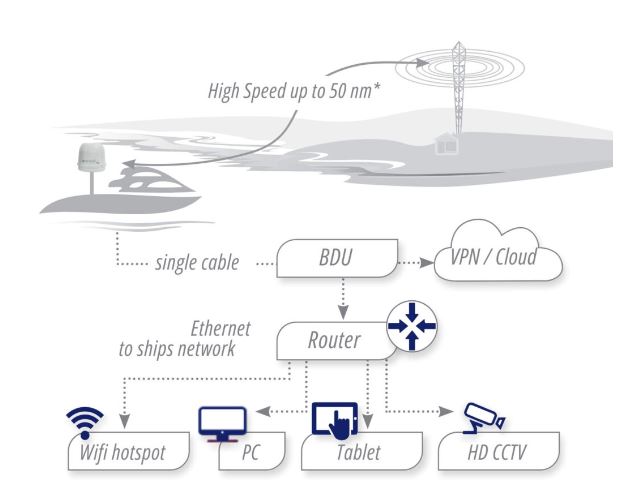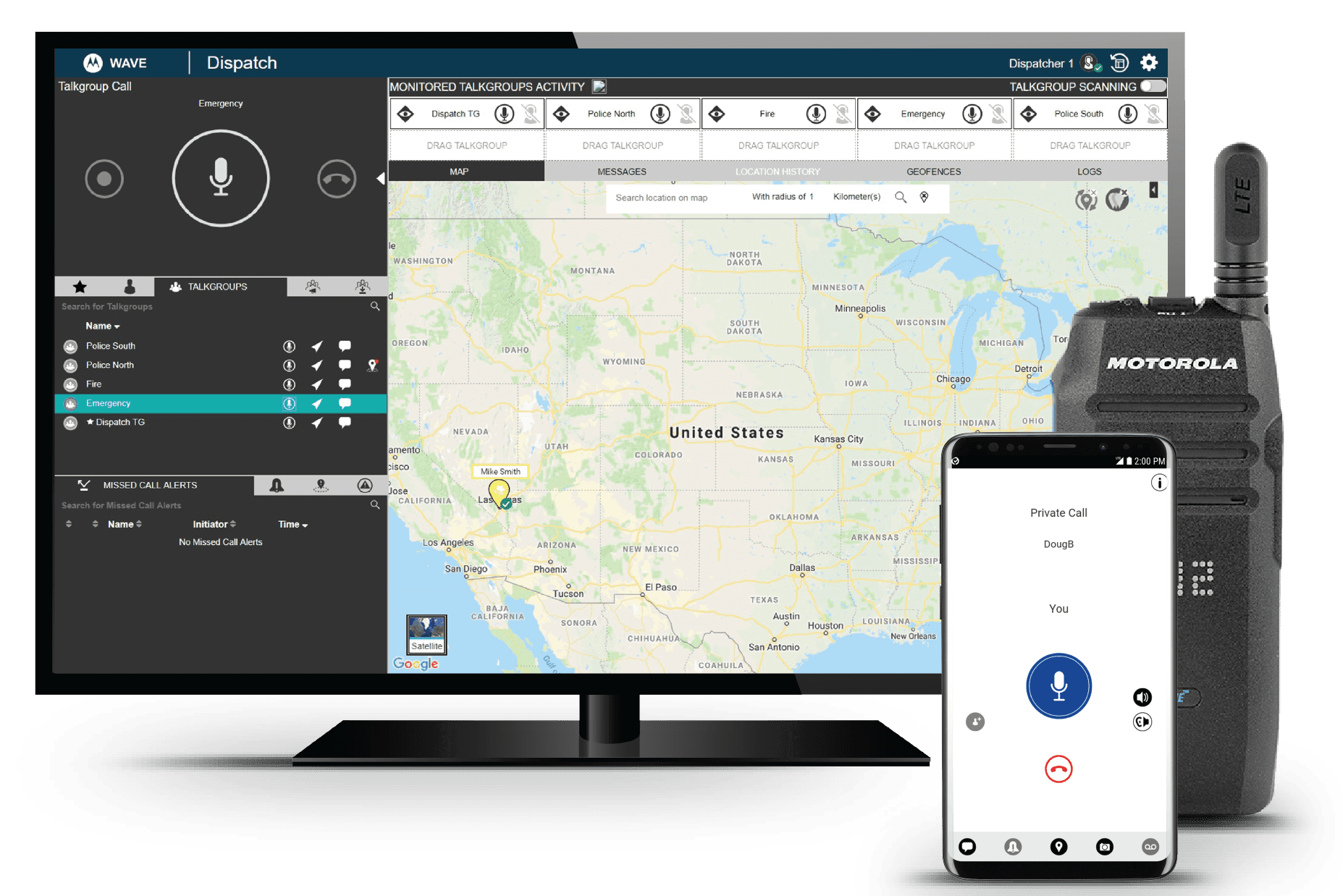Saudi Arabia’s smart city initiatives are transforming urban life throughout the Kingdom. Riyadh has jumped five positions to rank 25th in the 2024 International Institute for Management Development Smart City Index. The city’s most important improvements span health, safety, mobility, and governance.
Saudi Arabia proudly features five cities in this prestigious global index. Riyadh, Madinah, Makkah, Jeddah, and Al-Khobar have earned their spots by supporting the Kingdom’s Vision 2030 agenda. These cities focus on economic diversification, environmental sustainability, and improved livability. The ambitious $500 billion NEOM project leads Saudi Arabia’s smart city developments and will attract more than 300 millionaires to the Kingdom in 2025. NEOM’s smart infrastructure and similar developments promise residents substantial benefits: double-digit reductions in energy and water usage, reduced traffic congestion, and better safety through AI-optimized systems.
The Lifestyle Edge: Why Smart Cities Are More Livable
People living in traditional cities face frustrating commutes, poor services, and feel disconnected from their communities. Smart cities in Saudi Arabia are changing this reality with technology-driven solutions that make daily life better for residents.
Smart mobility applications have transformed transportation. Cities using these systems cut commute times by 15-20% on average. People living in dense cities with big transit systems save nearly 15 minutes each day. Those in developing cities gain even more – about 20-30 minutes per trip. This extra time means more moments with family, leisure activities, or getting work done instead of being stuck in traffic.
Public safety has seen significant improvements too. Smart surveillance systems, better emergency response, and informed policing can reduce yearly fatalities by 8-10%. A high-crime city of five million people could save up to 300 lives annually. Crime rates for assault, robbery, and theft could drop by 30-40%. Residents feel safer and more secure in their neighborhoods.
The environment and health benefits go hand in hand. Air quality sensors spot pollution sources and help people protect themselves. This reduces negative health impacts by 3-15%, depending on current pollution levels. Saudi Arabia’s Quality of Life Program, which started in 2018, builds on these advantages by creating more livable urban spaces and encouraging healthier lifestyles.
Continuous connection powers the smart city experience. This is shown by installing 4,500 access points for complete Wi-Fi coverage. This makes everything possible – from working remotely to accessing public services without hassle.
The 2021 Smart City Index shows remarkable progress. Riyadh climbed 23 spots from 53rd to 30th place. This jump reflects how happy residents are with health, safety, mobility, and governance. Saudi Arabia’s smart city initiatives now set new standards for modern urban living.
Methods to make smart cities
Smart cities need advanced technologies and careful planning to succeed. Saudi Arabia’s smart city initiatives rely on six key components that work together: smart infrastructure, mobility, energy, governance, healthcare, and security.
IoT devices form the backbone of these components. These devices gather up-to-the-minute data about traffic patterns and energy use. They act as the city’s nervous system by sending vital information to central platforms that analyze it. The big data analytics then processes this information to spot patterns and trends. This helps city planners make decisions based on actual usage instead of projections.
Saudi Arabia unveiled innovative digital services at the Global AI Summit. The Smart City Management Platform “Madinaty” was among these new offerings. This complete system handles environmental sanitation and monitors cleaning operations through IoT technologies to streamline processes.
The smart city rollout follows these key steps:
- Getting everyone involved: citizens, businesses, and stakeholders share their priorities in available public forums
- Taking stock: evaluating current systems and finding tech gaps
- Setting up rules: creating clear policies about data ownership and decision-making
- Starting small: achieving quick wins before tackling bigger projects
- Building partnerships: working with universities, tech companies, and government agencies
Saudi projects like NEOM depend heavily on centralized platforms that provide up-to-the-minute data analysis. These cities use 5G networks for continuous connection. Many Saudi smart cities also use intelligent transportation with AI-powered traffic signals that adapt to current congestion levels.
A smart city’s success in Saudi Arabia depends on good data management. Cities need clear rules about who owns data, who can access it, and how to use it. They also need reliable cybersecurity to guard against threats.
Economic and Social Benefits of Smart Cities in Saudi Arabia
Saudi Arabia’s smart city investments reach way beyond technological breakthroughs. These investments bring substantial economic and social returns to the kingdom. Urban centers help attract digital investments and optimize industry performance through modern technology and AI. Together, they generate about 80 percent of the global GDP.
The kingdom’s smart city projects create exciting job opportunities, especially in advanced fields. Project Transcendence, a SAR 374.59 billion AI and data analytics initiative, works alongside smart city developments like NEOM to create high-skilled jobs in technology sectors. These projects fit perfectly with Vision 2030’s goals to diversify the economy and grow the private sector.
The government’s dedication to building smart urban environments has led to impressive outcomes:
- New foreign investments create jobs in emerging industries
- A growing green energy sector supports the kingdom’s environmental goals
- More people join the workforce, with women’s participation reaching 36.2 percent by Q3 2024
Smart cities in Saudi Arabia know how to manage resources better. Their systems can cut consumption by double digits through energy-efficient solutions and water reuse. This helps tackle the challenges that come with rapid urban growth.
The Ministry of Municipal and Rural Affairs (MOMRA) has put more than SAR 500 billion into 285 municipalities to build smarter cities. These projects want to make citizens happier, reduce environmental impact, and draw both local and international investments.
Saudi Arabia’s cities now rank higher globally. Riyadh moved up to 25th place in the IMD Smart City Index. Makkah, Medina, and Jeddah have also made their way onto the index. This recognition shows how well the kingdom has transformed its urban areas with environmentally responsible practices.
Smart cities in Saudi Arabia create a space where economic growth, social inclusion, and environmental sustainability work together. This establishes the kingdom as a world leader in urban breakthroughs.
Challenges and Future Readiness of Smart Cities
Saudi Arabia’s smart cities show clear advantages over traditional urban environments. These tech-powered cities bring real benefits that change everyday life. People save 15-30 minutes on their daily commutes, and crime rates drop by 30-40%. Smart city projects generate about 80 percent of global GDP and create skilled jobs throughout the Kingdom.
The Kingdom leads urban innovation, with Riyadh climbing to 25th place in the International Institute for Management Development Smart City Index. These achievements go beyond just tech advances. They show a major change toward sustainable, quick, and livable urban spaces. Saudi cities use IoT devices, data analysis, and AI-powered systems to tackle complex urban growth challenges and improve residents’ lives.
Smart cities in Saudi Arabia mark the start of an urban revolution. Vision 2030 pushes innovation forward, and projects like NEOM set new global standards. These developments help urban planners worldwide learn about handling growth, sustainability, and livability challenges.
Alshareef Group plays a key role in Saudi Arabia’s IoT industry. You can contact them to learn more about smart city technologies and their power to transform urban spaces. The path to complete smart cities continues, but Saudi Arabia’s innovative approach makes it a global leader. The Kingdom creates urban spaces that are smarter and better places to live, work, and grow.

